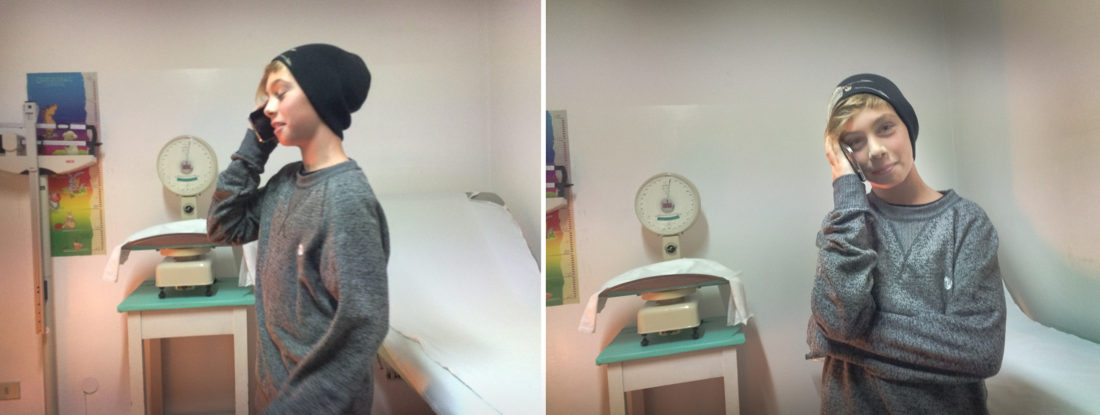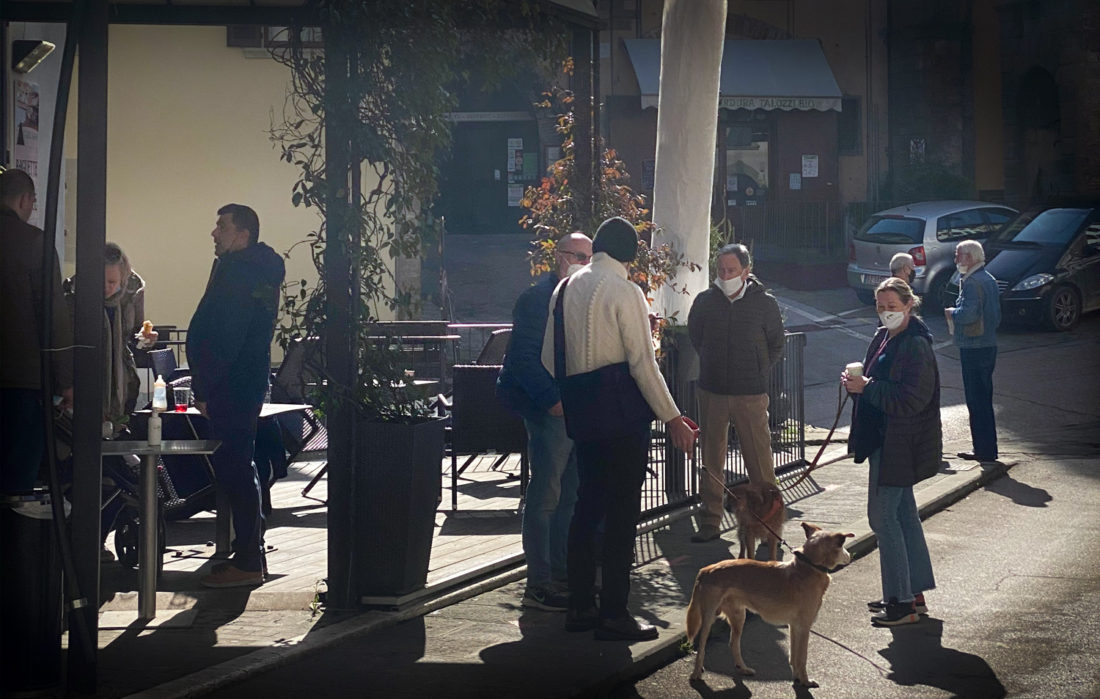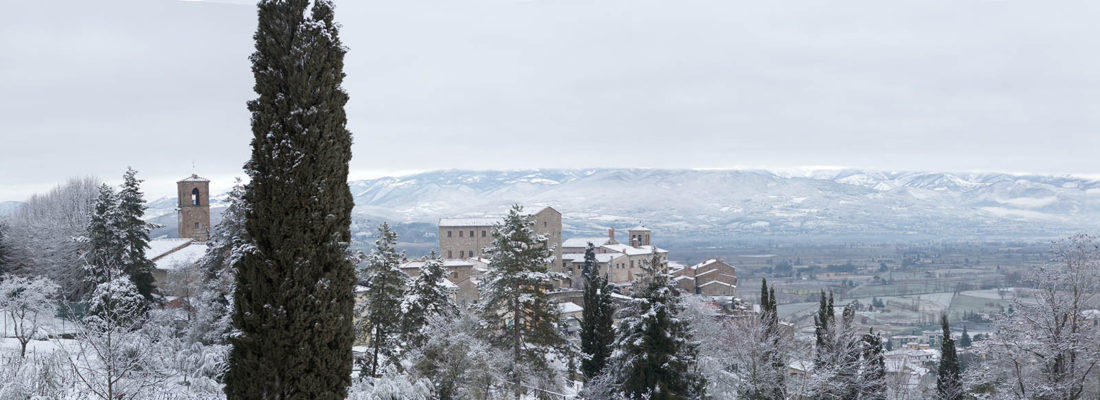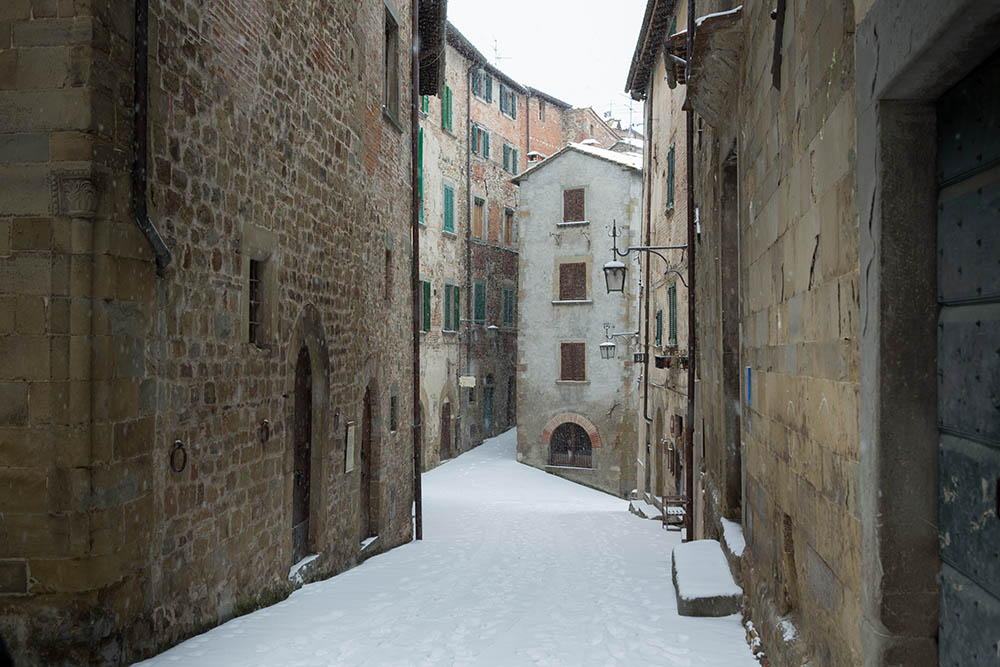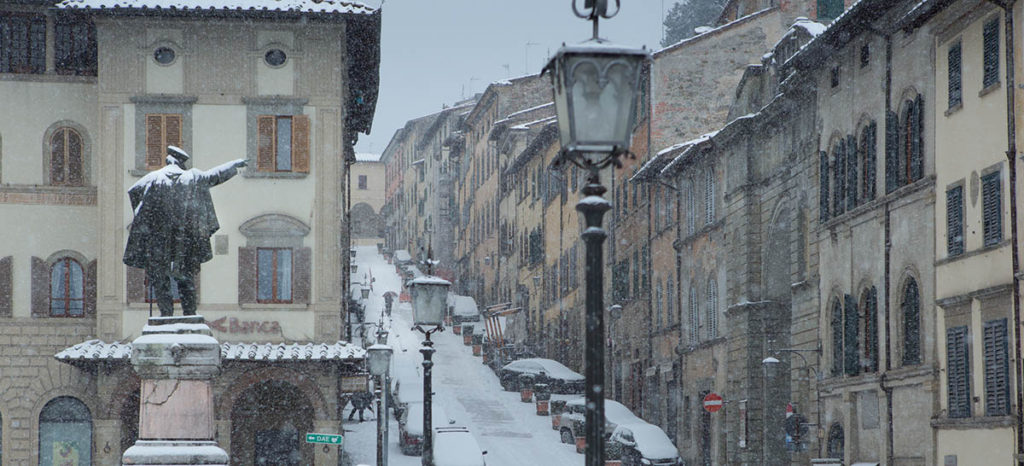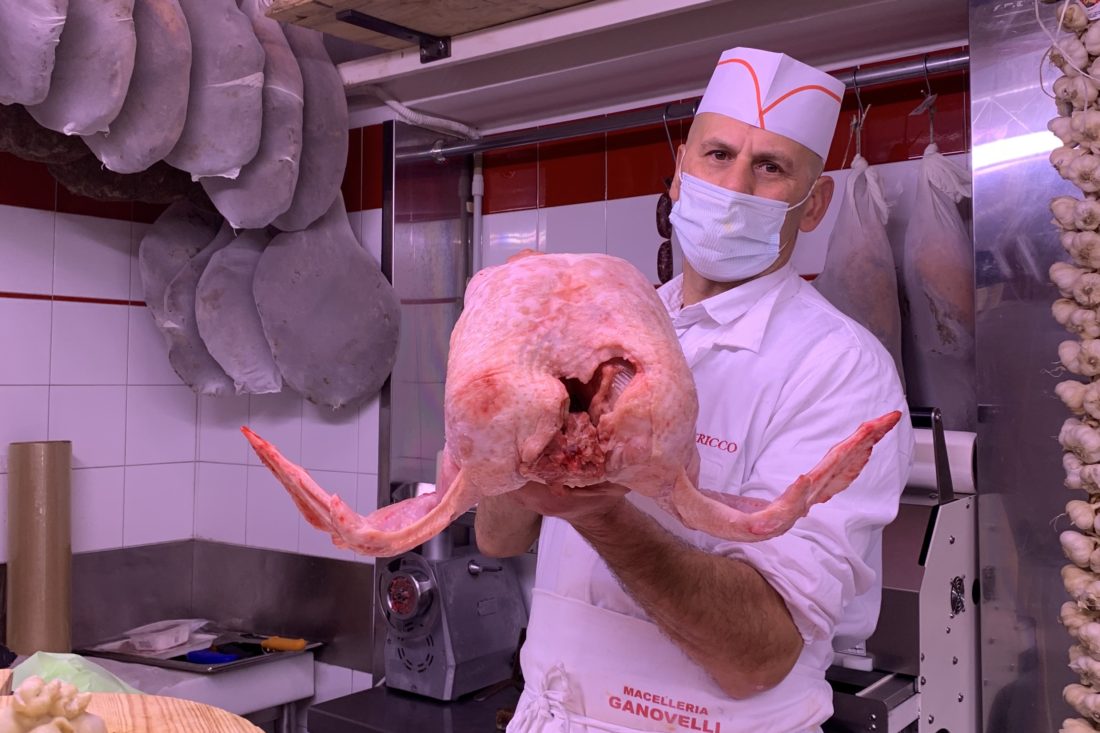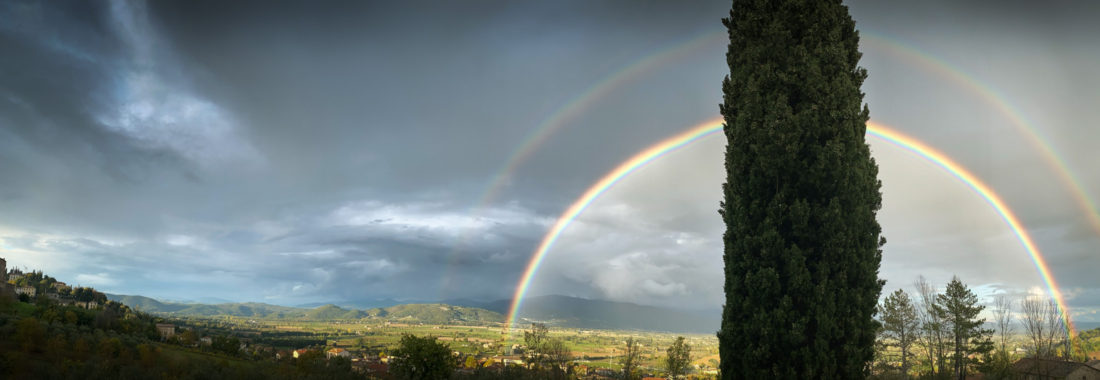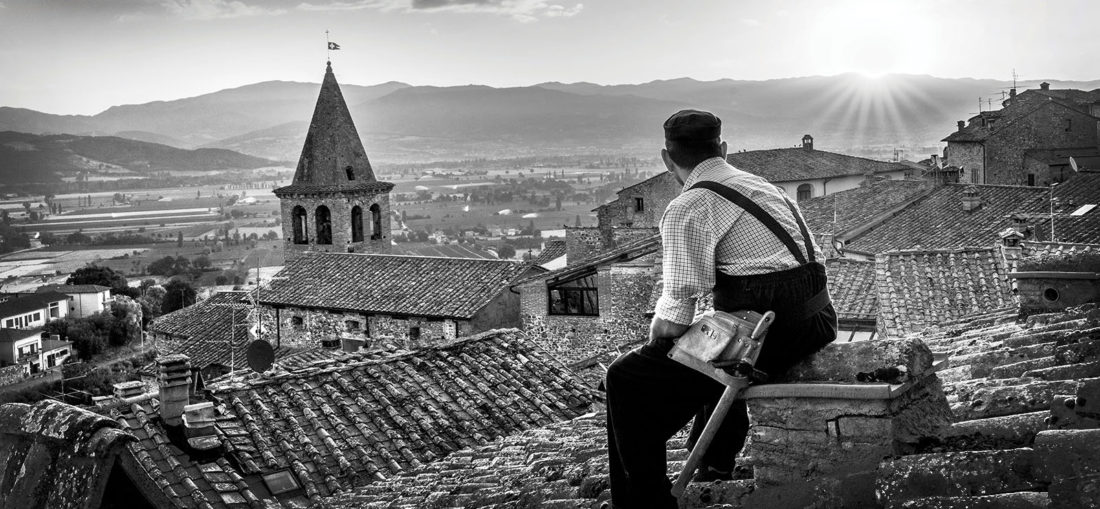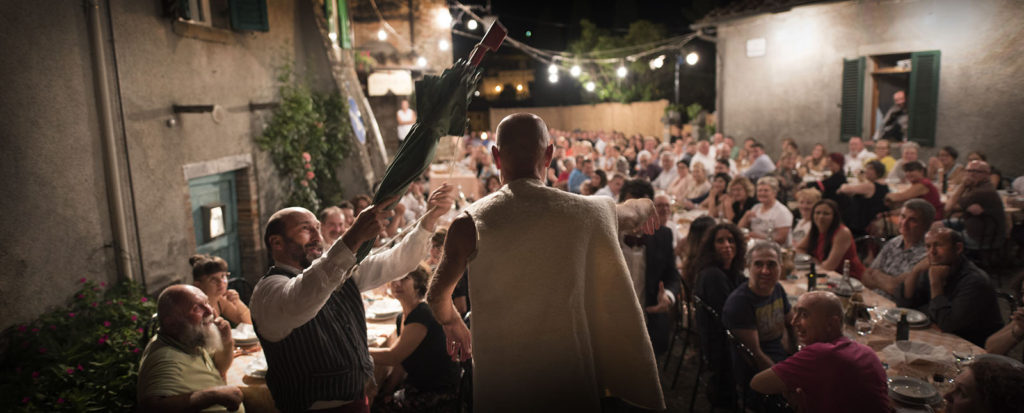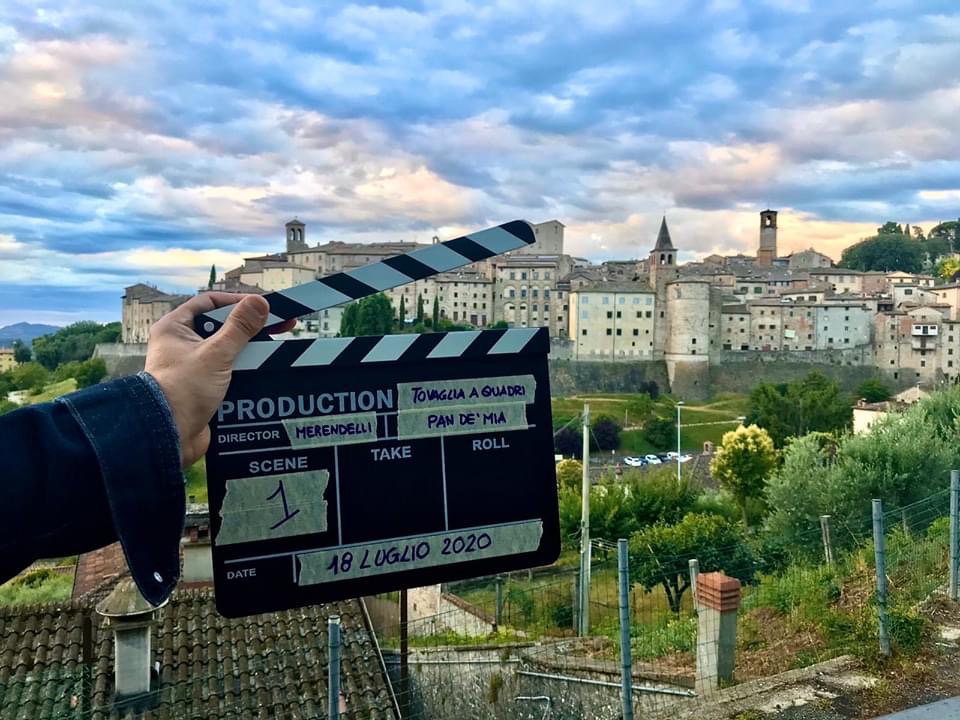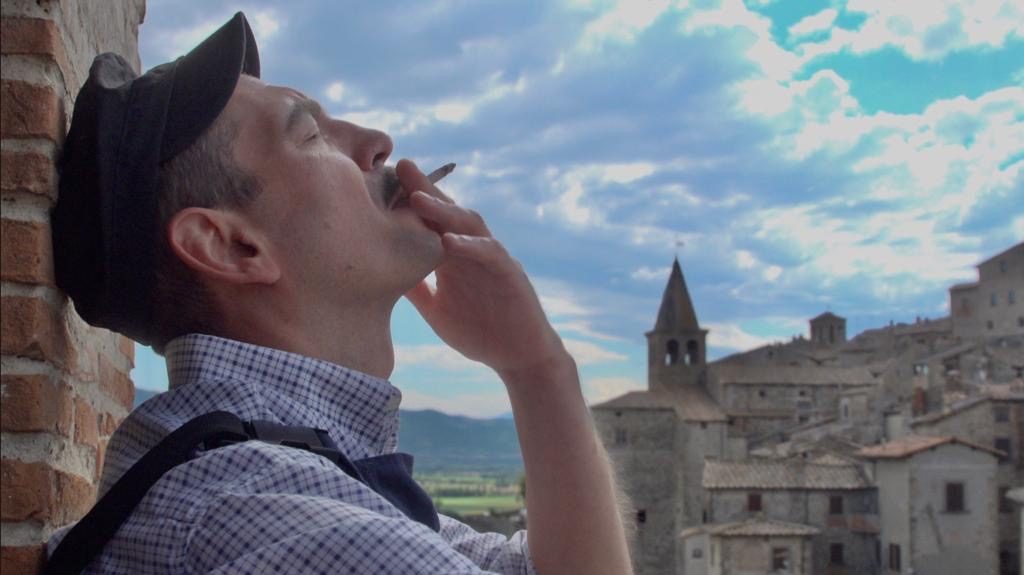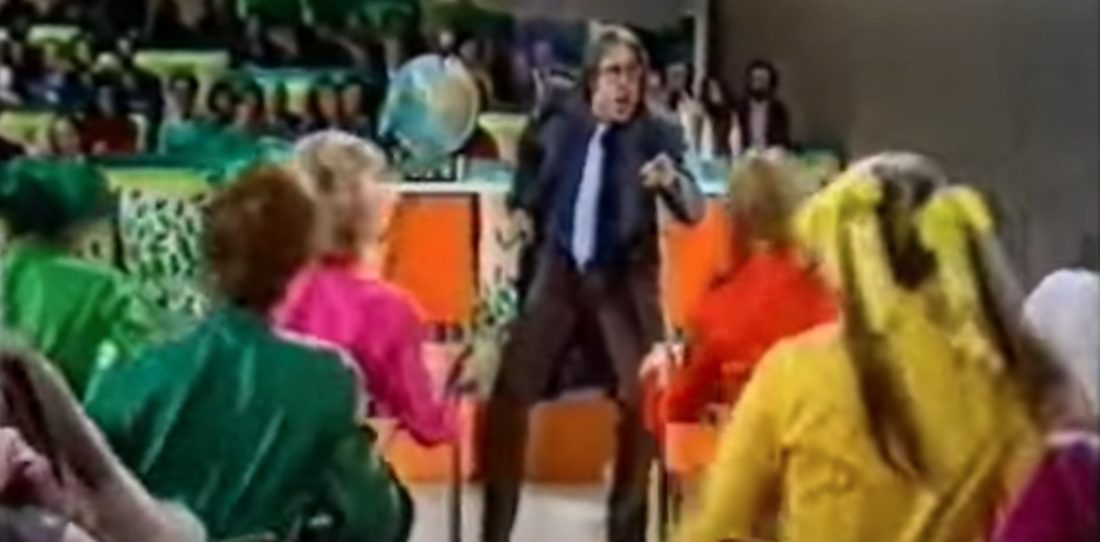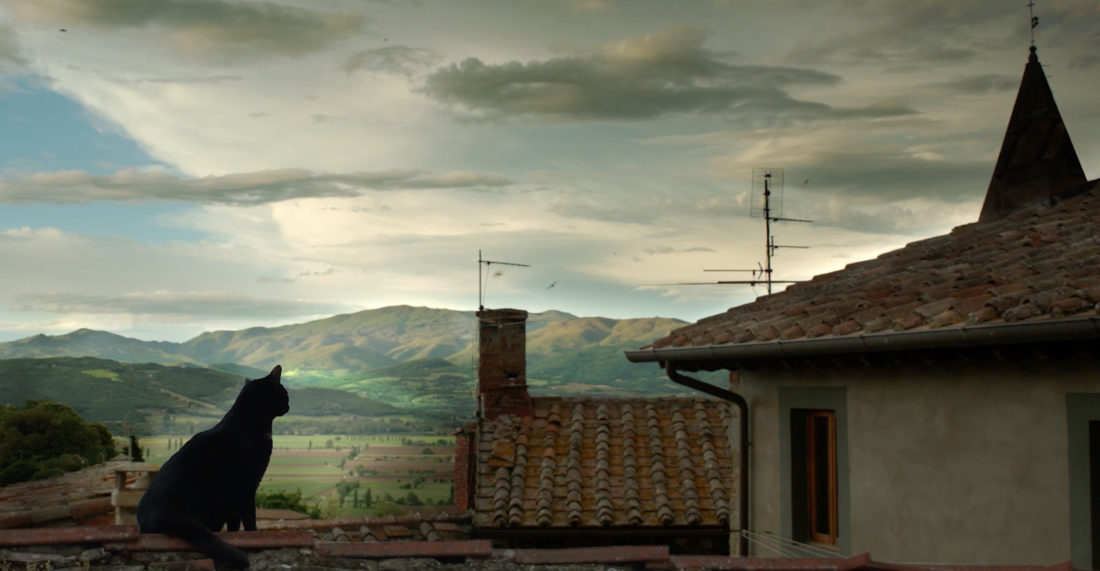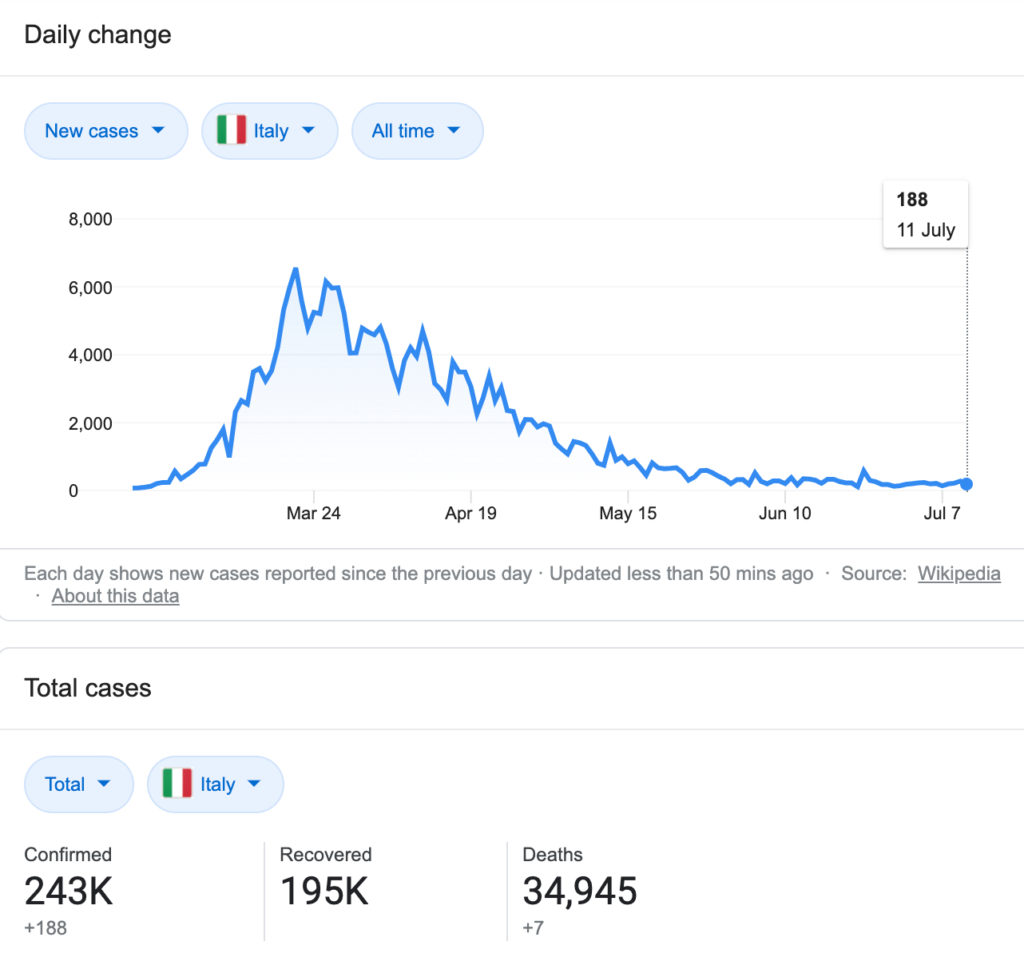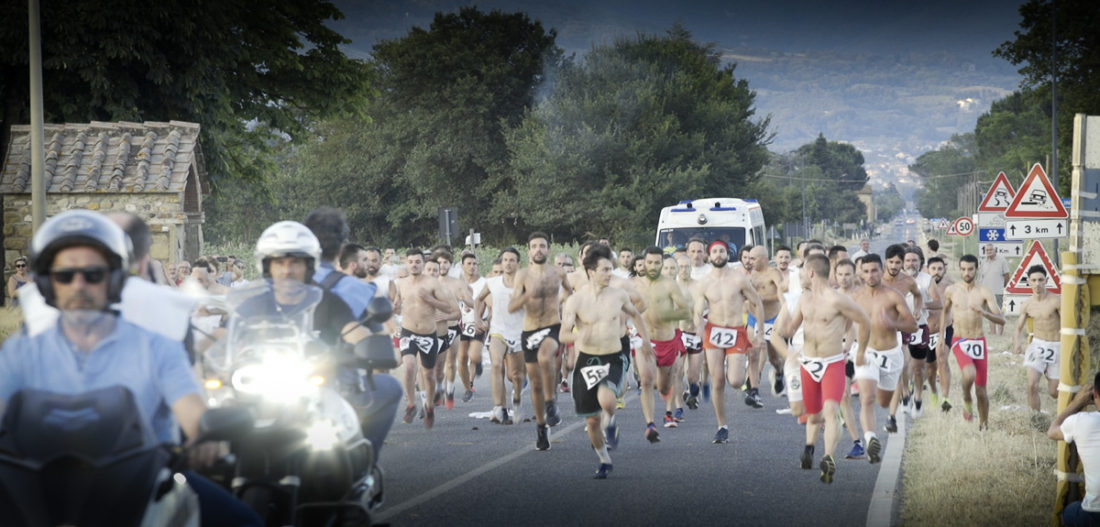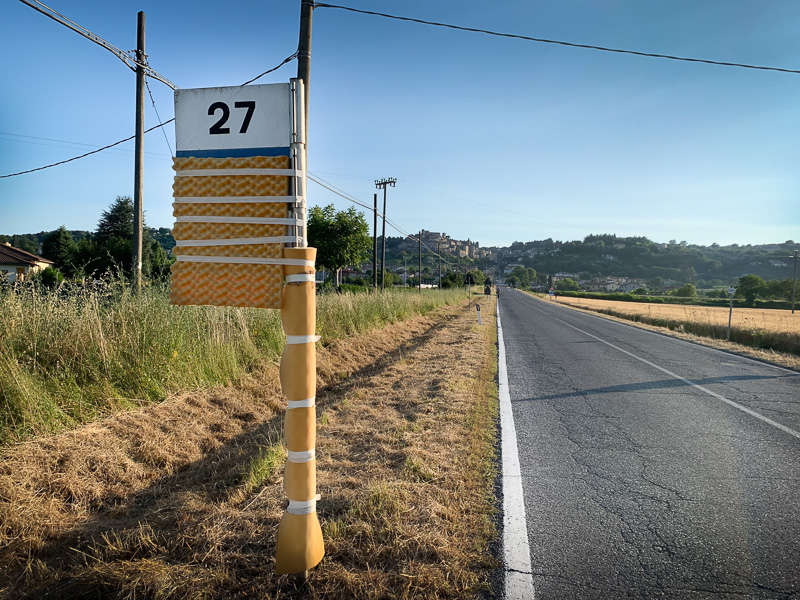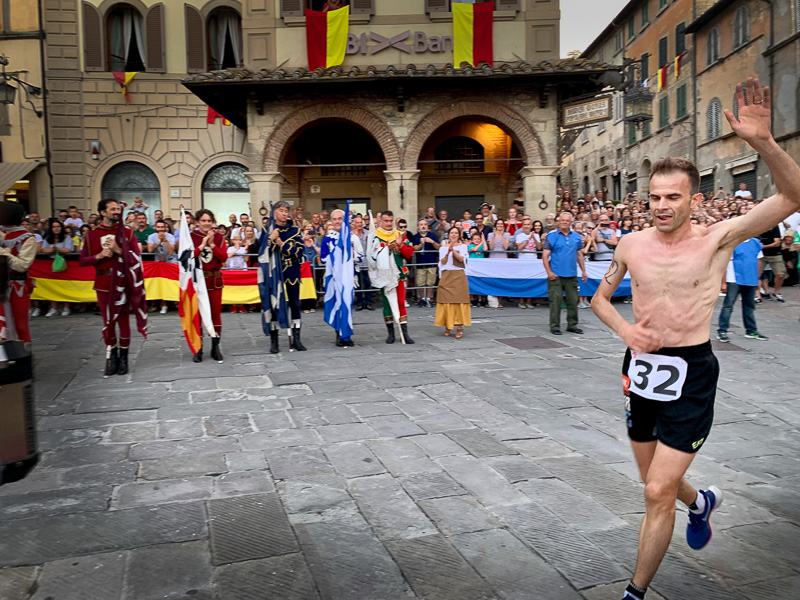October 18, 2020
In
Best Of, Live
By
Nancy
When I was heading out for my walk today I spotted this amazing rainbow and John was able to get this photo out our bedroom window. It reminded me of what my mother used to say when I was really little and we spotted a rainbow. “That’s God’s promise that he won’t kill all of us again by using water. It will probably be fire next time and we will all be burned.” Why she thought that this would be a good thing to tell a small child would fill a book, which I do not intend to write, but my mother did have a gift for worrying. It’s a good thing that a pandemic, divinely sent or not, never crossed her mind.
The days are getting shorter, as are our leashes. Life had pretty much returned to normal in Italy over the summer, albeit with the new accessories of masks and hand sanitizer. Outdoor spaces and nice weather were abundant so it was easy to eat out, catch a drink with friends, or have a morning coffee pretty safely. Stores have been open and operating normally for months, although it is required to be masked and sanitize before entering. But it was kinda easy to let worry subside, fill up on socializing, sunshine, and freedom of movement, storing away those experiences like bits of gold for the soul. And when cases were averaging a couple of hundred a day, out of a nation of 60 million, this felt appropriate. I felt so very lucky when friends and family in other parts of the world have remained in virtual lockdown since spring.
Things have changed. As temperatures have started to drop cases are surging again. There is a new worry and seriousness on people’s faces. Even though everyone has been 100% masked in the grocery store throughout the summer there was a lightness and normalcy that’s fading fast. Fewer people are stopping to chat, the contents of carts are getting bigger, and eyes above the masks look concerned.
The slide back to a lockdown is happening quickly. The first sign I had that things were getting serious was when the Italian government announced a couple of weeks ago a warning that Sunday lunches were of grave concern. This may seem like an odd government warning to people outside of Italy but here Sunday lunch, culturally more than Friday night drinks or Saturday evenings out, is the main event of the week. Families gather en masse with everyone in attendance from babies and toddlers to recalcitrant teens to young families through to the very elderly with much conversation and hugging. Although a lot of lunches occur in homes it is almost impossible to book a restaurant Sunday at lunchtime. If you are lucky enough to get a place you often find you are sandwiched between long tables with dozens of people, all related. There’s a loud din as people from one end of the table are trying to catch up with others across six or seven people in the middle. Kids are underfoot everywhere. And it is a wonderful thing to behold. And a petri dish in action. If I happen to be driving on a Sunday around 1:30 the roads are empty. Stores are deserted. It’s like Superbowl Sunday. This tradition is starting slipping a bit — several families of Donella and Sebastian’s friends don’t do the formal Sunday lunch anymore — but Sunday lunch is still ubiquitous enough to merit a nationwide government warning aimed at the very heart of Italian culture.
This primal need to be social extends to schools. Keeping schools open is of the highest priority for the government, partially due to the impact on the economy, but also because it’s felt that socialization is one of the primary benefits of school. There’s a phrase in Italian i bambini devono stare con i bambini, children should be with children, as that’s the only way they will learn the rules of getting along in society. As of right now most schools in Italy have students back in the classroom. There was an interesting article in the New York Times, written by an American pediatrician/parent living in Italy. The article quotes an American, Mary Barbera, living in Florence with a 7-year old daughter attending a local school. She describes the elaborate safety procedures and parental co-responsibility pacts that are in place. “Personally, I think Italians have a better inherent sense of common good and taking care of each other. They understand that in order for people to be well, everyone has to follow the rules.” And from what I’ve seen locally, which is reflected in the article, there is a willingness to trust the system and other parents, and take some risks, in order for the kids to have this important socialization that was missing when academics were online.
But it is fairly inevitable that with cases surging in numbers similar to the spring that we, no matter how much we are social creatures, are headed into a dark period of more isolation as winter sets in. Some things are definitely an improvement from the spring, downloads of the trace and track app Immuni have been impressive. The app monitors via Bluetooth everyone you are around, how close you are, and for how long. If you are positive you self-report to the app which notifies the people who have been in your vicinity and might have been exposed, all anonymously, so that tests can be administered. Testing in Italy is free or low cost and widely available. When a traveler arrives at a major airport or train station there’s a tent where you can get a free, rapid result COVID test. Rome’s Fiumicino Airport was the only airport in the world to be given 5 stars by SkyTrax COVID-19 Airport Rating. Despite all of these impressive things the testing numbers are looking bad — 11,700 new cases today which is similar to the worst of the spring, although thankfully, hospitalizations and mortality are still lagging the earlier wave.
When I went for my walk my Italian neighbors clearly weren’t thinking of this beautiful rainbow as a sign that the next time God was displeased he might wipe us out by fire, or pandemic. They just thought it was beautiful. Four people had come out of their houses and were standing in the middle of our small lane taking pictures with cell phones and smiling in delight.
Although we had one of the toughest and longest lockdowns in the world I read today that 84% of Italians feel prepared to face what comes next and “are ready to face the health emergency and restrictions.” Once again I am impressed by the resilience and grace of this culture.


